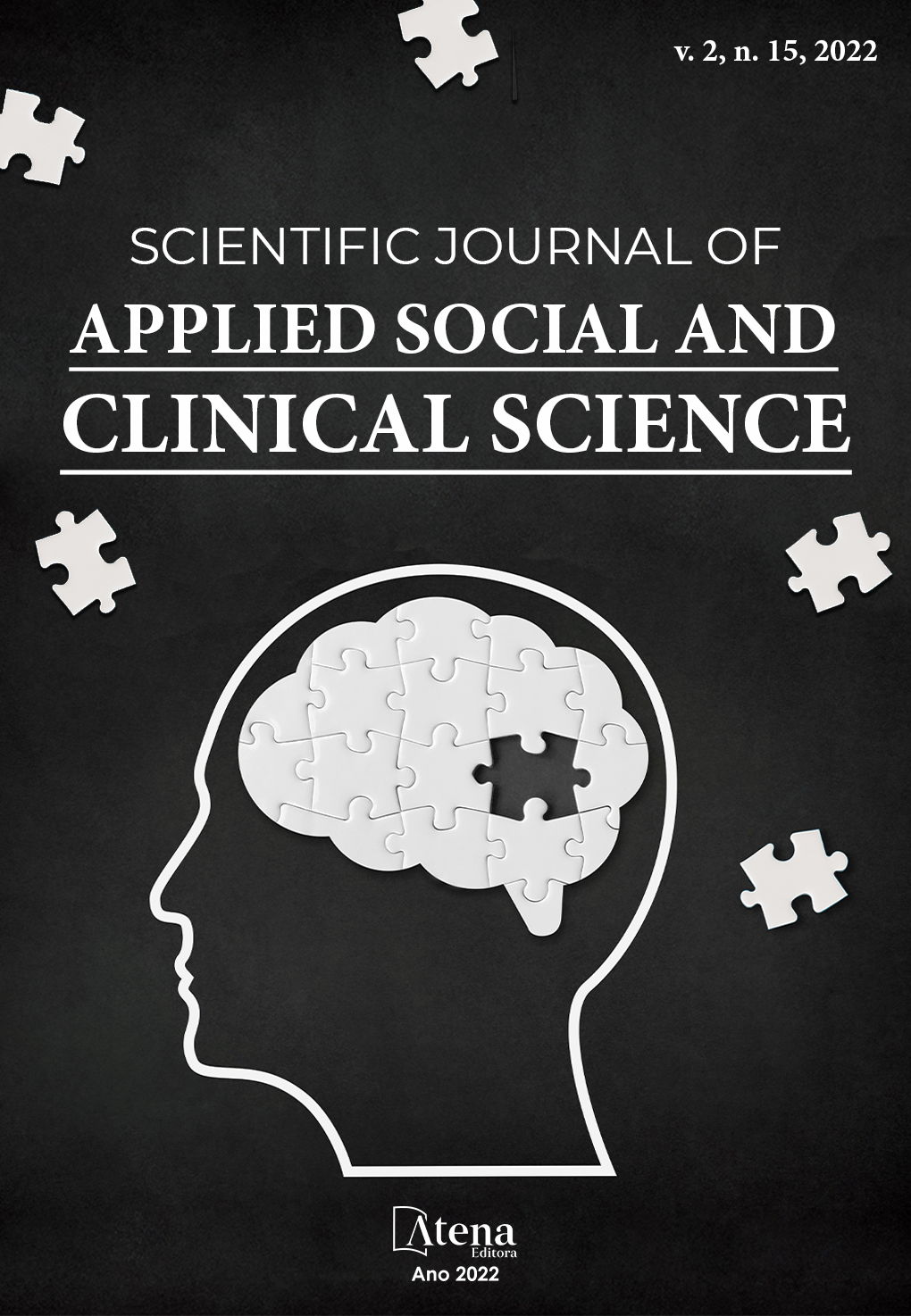
ESTRATÉGIAS PEDAGÓGICAS PARA LA EDUCACIÓN AMBIENTAL COMO EJE TRANSVERSAL EN RELACIÓN AL MANEJO INTEGRAL DE RESIDUOS SÓLIDOS EN INSTITUCIONES EDUCATIVAS
La investigación tiene como objetivo establecer estrategias pedagógicas en educación ambiental como eje transversal relacionado al manejo integral de residuos sólidos en instituciones educativas. Sustentado en las teorías de Velásquez (2017) y Ruiz (2018). El contexto epistemológico se establece en el paradigma positivista, enfoque cuantitativo y método empírico-inductivo. La investigación es descriptiva con un diseño no experimental transeccional de campo la población seleccionada corresponde a 14 docentes de la Institución Educativa Progresar y el Centro Educativo Público Pedregal Alto, del municipio de Medellín en el nivel de básica primaria. Referente al contexto metodológico se emplea una técnica de recolección de datos basada en un cuestionario con escala Likert, medido con una técnica de análisis estadístico. De lo resultó que una media de 3,19 utiliza estrategias pedagógicas de transversalización de la educación ambiental como son; los huertos escolares y los proyectos formativos, y una media de 2,87, utilizan medianamente frecuente las estrategias del manejo integral de residuos sólidas, conocidas como reducir, reutilizar y reciclar. Por lo que es preciso establecer este tipo de estrategias en las instituciones objetos de estudio de manera que se considere la formación integral de los estudiantes para adquisición de conocimientos, valores y actitudes útiles en la participación critica para la solución de problemas ambientales desde el currículo escolar y de esta forma desarrollar el sentido de reflexión ambiental entre los grupos sociales, que es útil en la medida de garantizar la preservación de recursos naturales y el mejoramiento de la calidad de vida de las personas.
ESTRATÉGIAS PEDAGÓGICAS PARA LA EDUCACIÓN AMBIENTAL COMO EJE TRANSVERSAL EN RELACIÓN AL MANEJO INTEGRAL DE RESIDUOS SÓLIDOS EN INSTITUCIONES EDUCATIVAS
-
DOI: 10.22533/at.ed.21621522190810
-
Palavras-chave: Educación Ambiental, estrategias pedagógicas, transversalidad, manejo de residuos sólidos.
-
Keywords: Environmental Education, pedagogical strategies, transversality, solid waste management.
-
Abstract:
The research aims to establish pedagogical strategies in environmental education as a transversal axis related to the integral management of solid waste in educational institutions. Based on the theories of Velasquez (2017) and Ruiz (2018). The epistemological context is established in the positivist paradigm, quantitative approach and empirical-inductive method. The research is descriptive with a non-experimental field transectional design. The population selected corresponds to 14 teachers from the Educational Institution Progress and Pedregal Alto Public Education Center, in the municipality of Medellín at the primary basic level. Regarding the methodological context, a technique is used of data collection based on a Likert scale questionnaire, measured with a statistical analysis technique. It turned out that an average of 3.19 uses pedagogical strategies to mainstream environmental education as they are; school gardens and training projects, and an average of 2.87, use medium-frequency strategies for the integral management of solid waste, known as reducing, reusing and recycling. Therefore, it is necessary to establish this type of strategies in the institutions studied so that the integral formation of the students for the acquisition of knowledge, values and useful attitudes in the critical participation for the solution of environmental problems from the school curriculum is considered and in this way develop the sense of environmental reflection among social groups, which is useful in the measure of guaranteeing the preservation of natural resources and the improvement of people's quality of life.
-
Número de páginas: 18
- Alba Nury Jiménez Gómez
- Robinson Gallego Gil.


